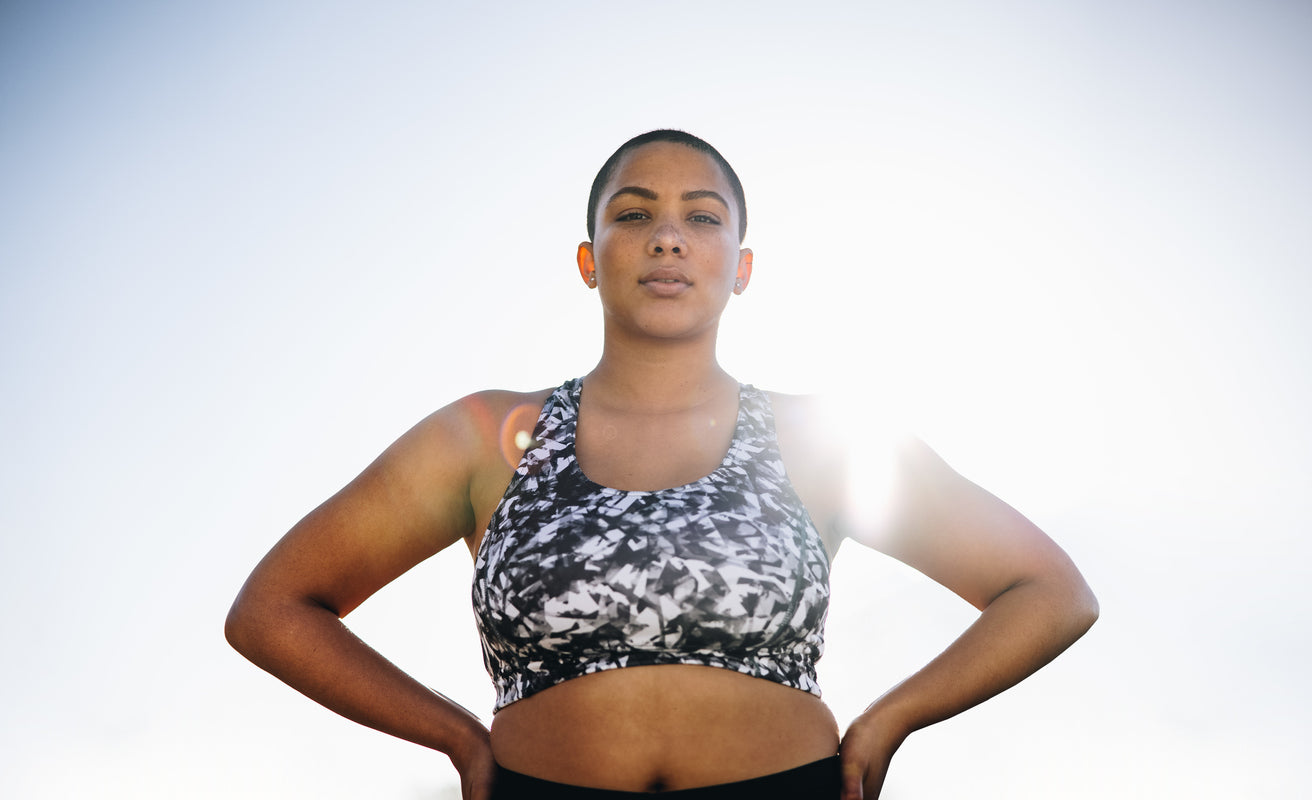Weight Bias: What is it? And, where does it come from?

Weight Bias is negative ideologies and opinions associated with weight. Weight stigma generally refers to the social disapproval of people who are overweight or affected by obesity. Weight stigma is a discriminatory act targeting people because of their size and weight.
The assumption that larger people are lazy or they lack willpower is rather pervasive in our modern-day society. Weight bias can begin at a very early age, and it’s been observed in children as young as 3 to 5 years old. In turn, this can lead to the children developing body image issues that catty into adulthood.
One study revealed that weight stigma increased more than 60% in the US between the mid-1990s and the 2000s.
Media CultureUnfortunately, some culture’s continue being bias toward the thin ideal body types has basically reinforced the collective opinion that people that are overweight are less desirable and unworthy.
The media has been portraying larger individuals as unappealing, unattractive, and as objects of ridicule. Marketing and advertising campaigns often cast larger individuals in roles where they sell junk food or work at fast food restaurants, which only reinforces the preexisting bias that exists.
These “fat-shaming” stereotypes are an extensive part of perpetuating weight stigma in American culture. Don’t get me wrong, the issue has nothing to do with being overweight or “fat”; however, the problem IS the stigma that surrounds being overweight.
The Importance of Body Positivity
In more recent times, the body positivity movement has been making strides to help make bodies of all shapes, sizes, and abilities acceptable by the mainstream media and culture. I suppose it’s fair to say we’ve still got a good way to go before the complete eradication of weight bias.
Stigma toward overweight individuals harms people of all sizes! Research has shown that weight stigma is a driving factor for the obesity epidemic faced today. This contributes to weight gain and poor health.
Fat shaming, and body-shaming are not effective tactics for helping individuals lose weight. Honestly, it’s dangerous. Weight bias and stigma contribute to binge eating and weight gain. It’s also a contributor to shame, fueling eating disorders rather than providing positive outcomes.
Weight bias and stigma affects people of all sizes. While some people are tossed mindlessly into categories of being too skinny others are in considered to be too thick.
The truth is, there is no wrong or right body! As long as we’re doing what we are capable of doing to be in the best shape and health possible for us, then we are as perfect as we get. There is no, one-size-fits all body type, and why should there be one?
Negativity doesn’t help anyone become a better version of themselves. If you’re healthy and your body looks good to you, that’s what matters most. We’re not manufactured dolls created to be appealing to the specifics of a certain types of peoples ideas or ideals of how we should look. We are different, and that’s what makes us special and unique.
Be the best version of yourself that you can! You are beautiful!


